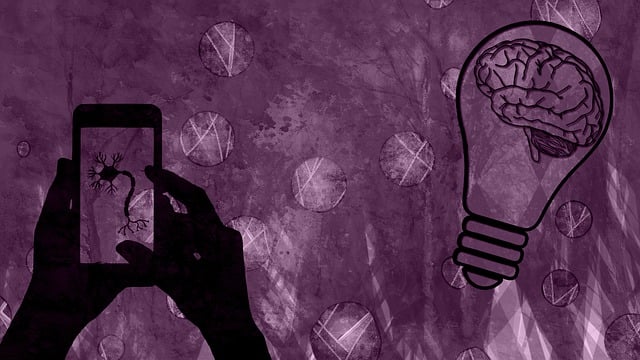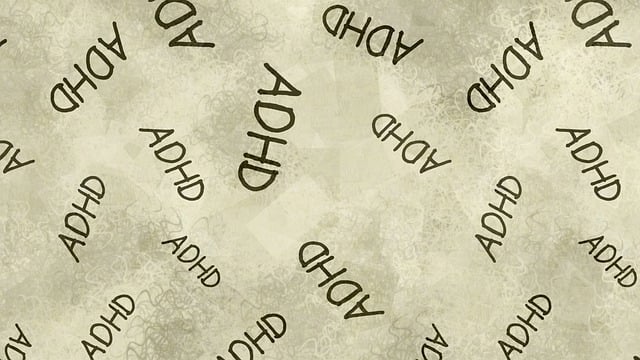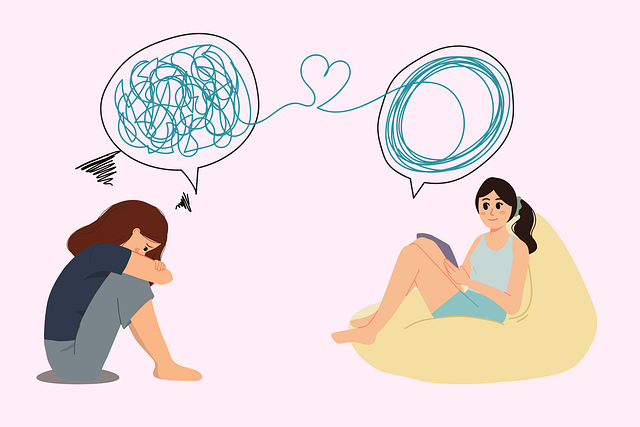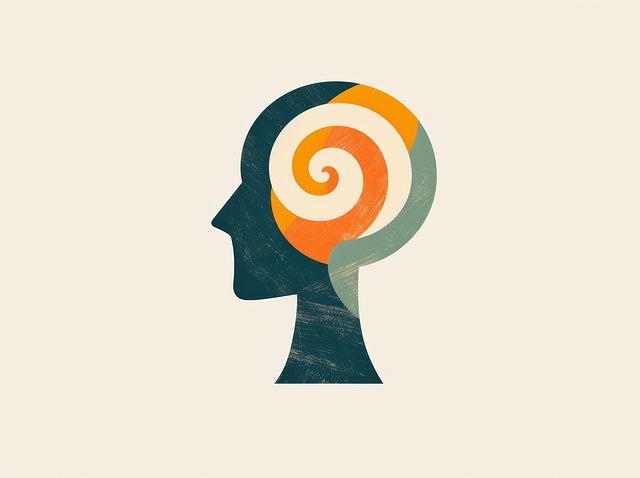Social skills training through online therapy platforms is a powerful and accessible tool for improving mental health outcomes among young adults facing anxiety or depression. Offering flexibility, comfort, and safety from home, these platforms use evidence-based techniques like CBT, role-playing, and mindfulness to enhance interactions, build connections, and promote emotional healing. Healthcare providers are encouraged to integrate technology and cultural competency training to better support young adults seeking therapy for social skills development related to mental health.
Social skills training is a powerful tool for improving mental health outcomes, especially among young adults. This comprehensive guide explores how understanding and developing social competencies can significantly impact overall well-being. We delve into common challenges faced by young adults in social settings, highlighting the growing importance of online therapy as an accessible solution. The article provides evidence-based techniques for effective training and offers tips to maximize online session benefits, empowering individuals to navigate social interactions with confidence. Discover how online therapy empowers young adults to overcome barriers and thrive.
- Understanding Social Skills and Their Impact on Mental Health
- Identifying Challenges: Common Social Barriers for Young Adults
- The Benefits of Online Therapy for Social Skills Development
- Evidence-Based Techniques for Effective Social Skills Training
- Creating a Supportive Environment: Tips for Maximizing Online Sessions
Understanding Social Skills and Their Impact on Mental Health

Social skills are crucial for navigating relationships and managing daily life, significantly impacting mental health outcomes. For individuals dealing with conditions like anxiety or depression, social interactions can be challenging. Misinterpreted cues, discomfort in social settings, and difficulty expressing emotions contribute to feelings of isolation and low self-esteem. Online therapy platforms offer a convenient solution, providing accessible therapy for young adults who may find it hard to attend traditional in-person sessions.
The integration of mental health education programs design focusing on social skills training is a game-changer. These programs teach individuals how to interpret non-verbal cues, engage in meaningful conversations, and assert their needs respectfully. By fostering better communication, these skills enable clients to build stronger connections, manage stress through stress management techniques, and apply mind over matter principles to improve overall well-being.
Identifying Challenges: Common Social Barriers for Young Adults

Many young adults struggling with mental health conditions face significant social barriers that can exacerbate their challenges. These barriers often manifest as anxiety, which may prevent them from engaging in social activities or maintaining healthy relationships. For instance, social situations like parties or group gatherings can trigger intense feelings of discomfort and isolation due to fear of judgment or embarrassment. Additionally, individuals dealing with trauma might find it hard to trust others or maintain close connections, hindering their ability to seek support and build a sense of community.
Online therapy has emerged as a valuable tool in addressing these issues, offering young adults accessible crisis intervention guidance and trauma support services from the comfort of their homes. This alternative approach to traditional face-to-face therapy is particularly appealing for those who may feel too anxious or uncomfortable attending sessions in person. By providing anxiety relief through virtual means, online therapy enables individuals to work on their social skills in a safer, more controlled environment before gradually transitioning to real-world interactions, ultimately fostering better social connections and improved mental well-being.
The Benefits of Online Therapy for Social Skills Development

Online therapy has emerged as a powerful tool for social skills development, particularly beneficial for young adults navigating mental health conditions. This innovative approach offers several advantages, ensuring accessibility and comfort for individuals who may face barriers to traditional in-person sessions. With just a stable internet connection, young adults can access professional guidance from the privacy of their homes.
This form of therapy allows for flexible scheduling, catering to diverse lifestyles, and often includes interactive elements tailored to enhance social interactions. Moreover, online platforms provide a safe space where individuals can practice emotional healing processes, learn coping strategies, and build confidence in social settings. In light of this, healthcare providers are encouraged to undergo cultural competency training and integrate technology into their practices, ensuring effective support for young adults seeking social skills development through therapy for mental health conditions.
Evidence-Based Techniques for Effective Social Skills Training

Social skills training is a powerful tool in the realm of mental health support, particularly tailored for young adults seeking to navigate their emotional healing processes. Evidence-based techniques, when delivered through online therapy platforms, offer accessibility and flexibility, making it convenient for those who might face barriers to traditional in-person therapy. These evidence-based methods focus on teaching individuals essential social skills to enhance their interactions, foster meaningful connections, and ultimately promote mental wellness.
One such technique is cognitive-behavioral therapy (CBT), which helps individuals identify and challenge negative thought patterns and behaviors that may hinder social engagement. Another effective approach involves role-playing scenarios, enabling clients to practice new communication strategies in a safe environment. Additionally, mindfulness exercises have proven beneficial for burnout prevention strategies for healthcare providers who support mental health conditions, promoting emotional resilience and enhancing their ability to assist others.
Creating a Supportive Environment: Tips for Maximizing Online Sessions

Creating a supportive environment is paramount when it comes to effective therapy for young adults, especially in online therapy settings. To maximize the benefits of virtual sessions, consider a few simple strategies. First, ensure clear communication and consistent scheduling to build a sense of routine and connection. Use video conferencing tools that allow for face-to-face interaction, enabling non-verbal cues crucial for understanding and empathy.
Incorporate interactive elements during online therapy sessions, such as breakout rooms for group discussions or collaborative activities. This fosters engagement and creates a sense of community, mirroring the dynamics of in-person therapy groups. Additionally, address cultural sensitivity in mental healthcare practice by promoting inclusive language and recognizing diverse backgrounds, which can significantly enhance the therapeutic experience for young adults navigating stress management workshops or burnout prevention strategies.
Social skills training, enhanced through online therapy platforms, offers young adults with mental health conditions a powerful tool for improvement. By addressing common social barriers and employing evidence-based techniques, these digital sessions create a supportive environment conducive to growth. Online therapy allows for accessible and flexible learning, making it an effective game-changer in the lives of those seeking to develop vital social skills.














